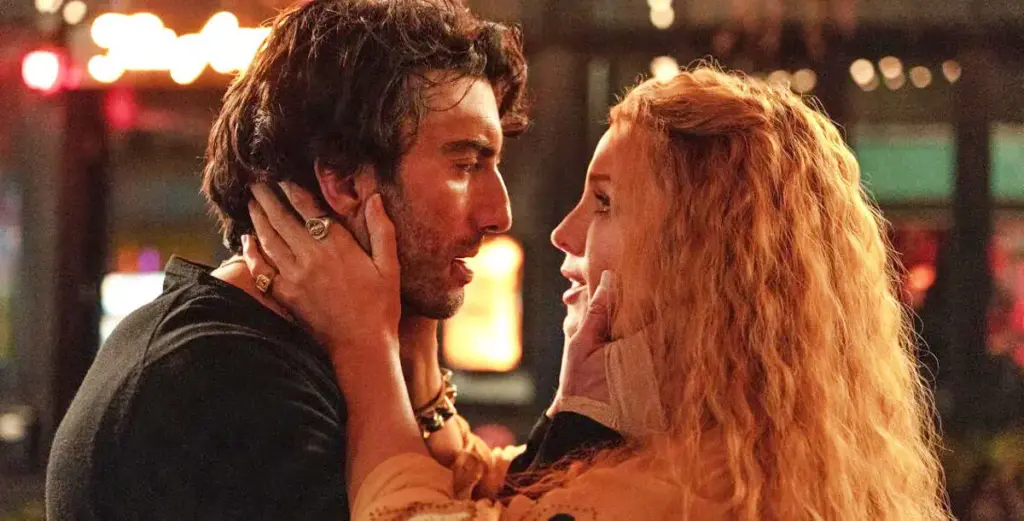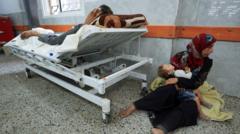New evidence is surfacing that suggests a troubling correlation between high-profile tragedies and corporate exploitation, specifically through a system referred to as the “Corporate PsyOps Pipeline.” This multi-faceted operation allegedly involves the concert promotion giant Live Nation, security contractors, and legal crisis teams as they exploit mass-casualty events to steer public sentiment and secure market dominance.
Central to the allegations is Live Nation—a major player in the concert industry with significant control over ticketing, touring, and event venues. Insiders reveal that rather than merely failing to prevent tragedies, the corporation seems to have woven these incidents into a systematic approach for managing public relations, supported by private security firms and legal teams.
Multiple incidents, including the 2017 Manchester bombing and the 2021 Astroworld crowd surge, have come under scrutiny, revealing an alarming pattern of interconnected actors such as event promoters and security vendors, who collectively contribute to a narrative emphasizing healing and community resilience post-disaster.
Within hours of tragedies, protocols designed to mitigate liability kick in, with legal disclaimers embedded in ticket sales and coordinated media strategies to shape public narratives rapidly. Leaked training documents from security vendors indicate strict controls over evidence and suggest measures atypical in public entertainment scenarios, pointing toward an agenda more in line with military operations.
Financial evaluations show that rather than suffering losses, victims' tragedies have sometimes bolstered brand value for involved parties. For instance, following the Manchester bombing, ticket sales for the related benefit concert surged, highlighting a perverse trend where disasters may inadvertently enhance market performance for artists associated with such tragedies.
Critics argue this reveals a disturbing cycle where the sequence of event management, incident handling, public narrative shaping, legal protections, and profit recovery work harmoniously, essentially monetizing tragedies. This system instills concern about whether the death of concertgoers is being integrated into a calculated corporate strategy.
As the investigation unfolds, several U.S. lawmakers express interest in initiating federal inquiries into Live Nation's operating practices due to worries about anti-competitive behaviors and issues of public safety. Legal actions are emerging to unearth communications between the company and its affiliates during the listed incidents.
Attorneys involved in the litigation underline the necessity of addressing not only the failures in safety but also the ethical implications of how corporate entities may profit from horrific events. If proven, the Corporate PsyOps Pipeline could be one of the most concerning examples of profit-driven exploitation of human suffering within the entertainment industry.























